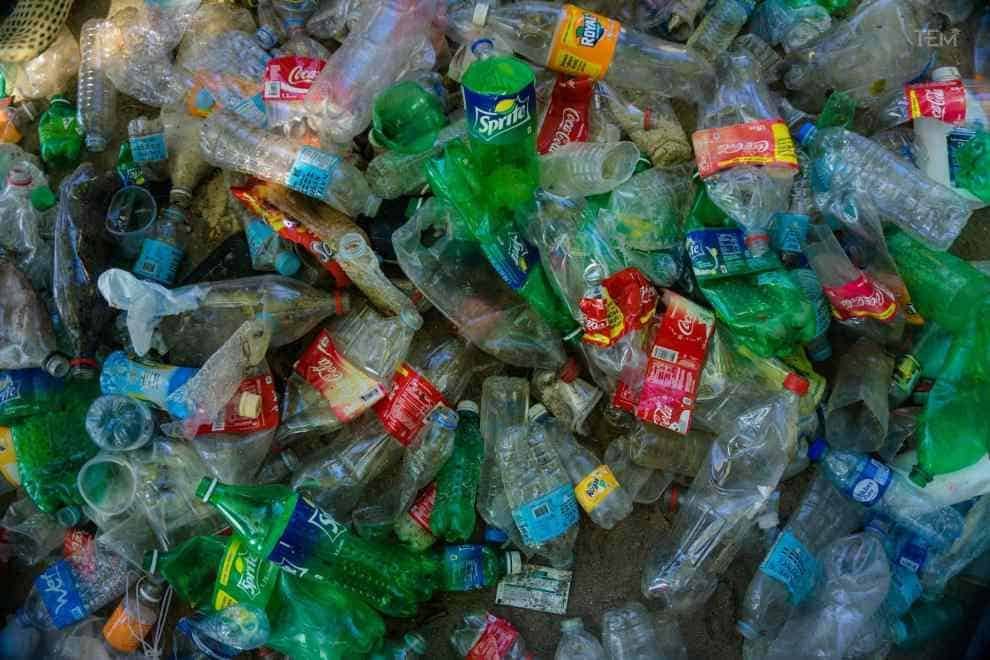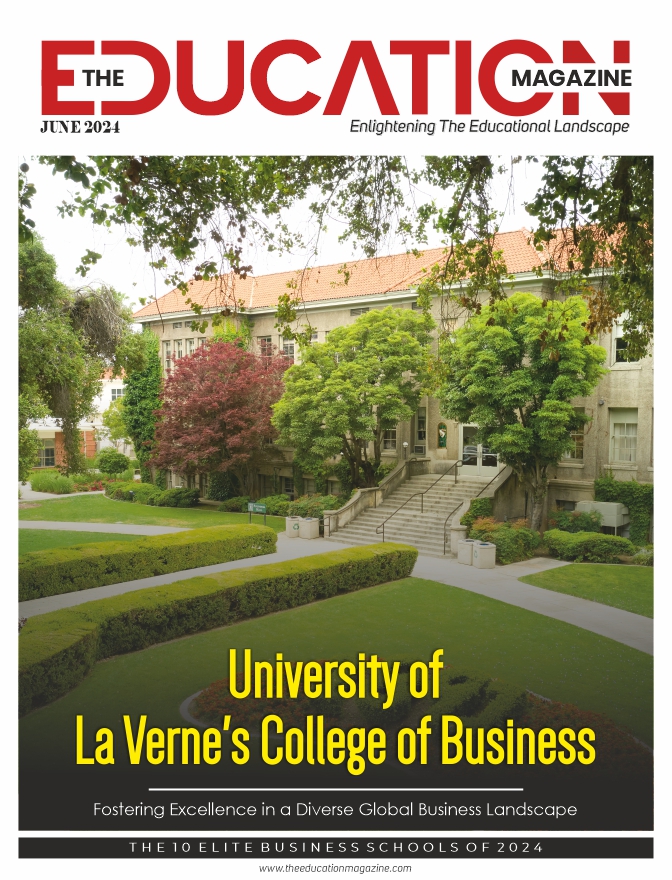Coca-Cola, PepsiCo, and Nestlé have been listed as the world’s top plastic polluting brands for the third consecutive year. An annual report by “Break Free from Plastic” has stated the above-mentioned companies have contributed a small amount for the pollution reduction. These companies have been called out for the same reason twice for the past two years.
Coca-Cola, PepsiCo, and Nestlé have the chance of reducing plastic pollution to a great extent as they have proved to have a larger market overall. They can do this by phasing out single-use plastics, or implementing reuse systems globally.
How is the survey conducted?
During the annual audit, Break free from plastic had 15,000 volunteers from 55 countries in Asia, Europe, and North America. These volunteers would collect and identify the largest number of plastic products from global brands to determine the top plastic polluters. Approximately 350,000 pieces of plastic waste were noted out of which 63% had the brand name on it.
Coca-Cola’s beverage bottles were found to be the most frequently discarded plastic item on beaches, rivers, parks, and other litter sites. This plastic litter played a much bigger role in plastic pollution with respect to PepsiCo and Nestlé’s plastic litter. The plastic litter that has been contributed by the three companies is as mentioned in the table below.
| Company | Plastic Litter Pieces | Countries Surveyed |
| Coca-Cola | 13,834 | 51 |
| Nestlé | 8,633 | 37 |
| PepsiCo | 5,155 | 43 |
Source: The Annual Audit of Break Free From Plastic.
Overall the single-use sachets— ketchup, coffee, and shampoo have also been reported in the plastic pollution followed by cigarette butts and plastic bottles. Plastic wastes from Coca-Cola, PepsiCo, Nestlé, and Unilever products were liable for more than half a million tonnes of plastic pollution.
Fake promises on Coca-Cola’s side?
According to the statement by Coca-Cola’s spokesperson the company had promised to get every bottle back by 2030. This was initiated so that none of the bottles end up as litter or in the oceans and they can be recycled into new bottles.
Emma Priestland, global campaign coordinator of Break Free From Plastic said, “We need to stop plastic production, gradually stop single-use plastics and bring in strong reuse systems which will become standard practice.” She also put forth her disappointment by stating that despite the world’s top corporations claiming for plastic reduction, they tend to work pump-up the pollution.










